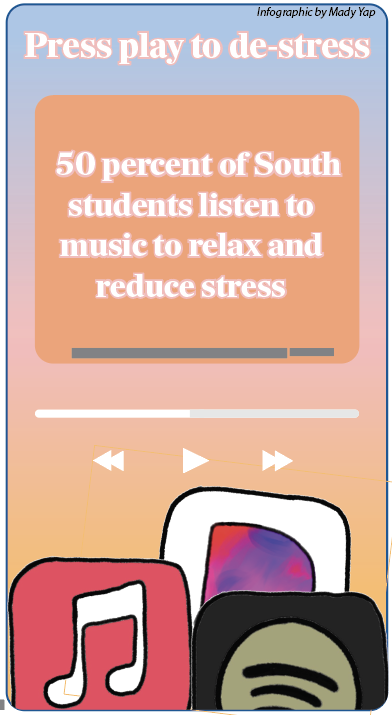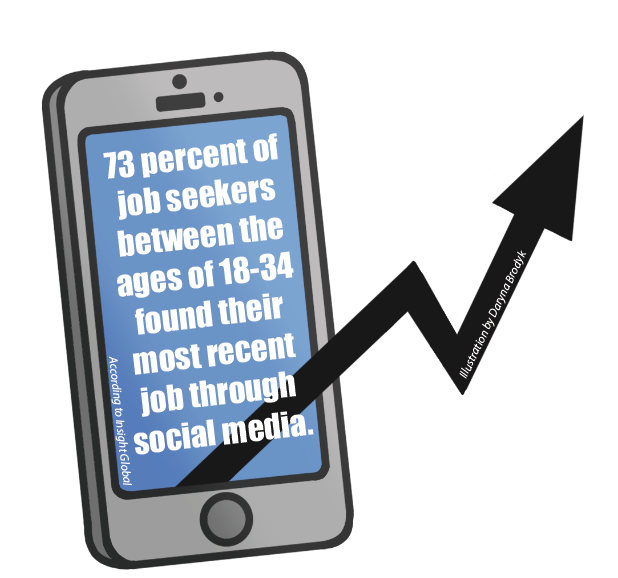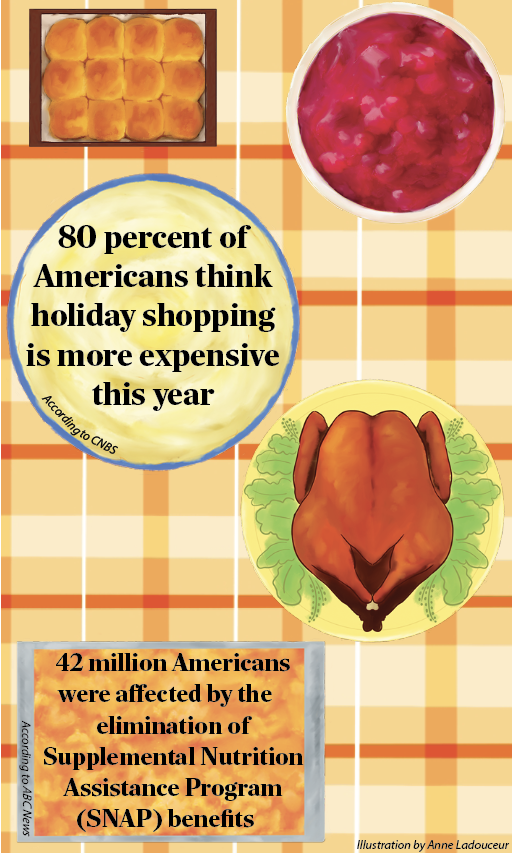Are we, as a society, growing meaner? It’s a hard question to answer. But it feels like divides in our perspectives have crept into our daily interactions more than ever.
From politics to personal beliefs, we’re disconnected. You don’t have to look far to see common negligence of kindness—drivers cutting each other off, no more saying “thank you” when picking up your morning lattes, or kids who’d rather scroll on their phone than hold a door open for elderly people.
Even bigger acts of unkindness seem more frequent and intense: gossiping during passing periods, ghosting someone over text, or more common occurrences of passive aggressiveness. These little things add up, creating a colder environment at South.
It’s easy to let our opinions shape our interactions with others, even strangers. The assumptions we make—about what a person believes, who they support, or where they stand on an issue—begin to overshadow humanity, leading to unconsciously mean decisions and less tolerance for those who are different from us.
Social media only reinforces these divides. Algorithms often prioritize posts that spark strong reactions, spreading more inflammatory content and reinforcing our pre-existing beliefs. This type of exposure can increase hostility and de-sensitize our reactions.
People who view aggressive political content were 23 percent more likely to act in a hostile manner afterwards, according to the American Psychological Association. This rising tension contributes to a general decline in compassion. Peers who used to have friendly conversations about current events now hesitate to share their thoughts, unsure of how others might judge them.
This underlying distrust often leads to social isolation, with some students pulling back from group settings altogether. Breeding assumptions and misunderstandings distort how we see others, and it can make us closed-off, defensive, and less compassionate. Without open, trusting conversations, we become less willing to see each other’s perspectives.
The decline of shared spaces, locations beyond work, school, and home, where people once connected with diverse groups of people only adds to disconnection, according to the American Health Association. As social media communities increase, with people working, shopping, and socializing more online, we only further lose opportunities to build trust with those outside our close circles. Without these opportunities, we’re left more isolated, with fewer chances to build trust and understanding. Reclaiming these spaces could help us find connection again in ways that digital interactions simply can’t replace.
As much as division surrounds us, simple acts of kindness and connection are precisely what can help bridge these gaps. These gestures can have significant psychological benefits, including reducing stress and increasing happiness, according to the American Psychological Association. Imagine if, instead of bracing for conflict, we approached each other with open minds and hearts? Our sense of connection might start to mend.
So, have we gotten meaner?
It’s possible.
But if we make a conscious effort to separate our day-to-day interactions from the polarized landscape around us, we can find that there’s room to restore kindness and connection in our lives.
We can start small, such as offering genuine compliments, listening attentively, or even asking someone how their day is going. As we practice kindness regularly, these acts build trust, gradually bridging the divide.








